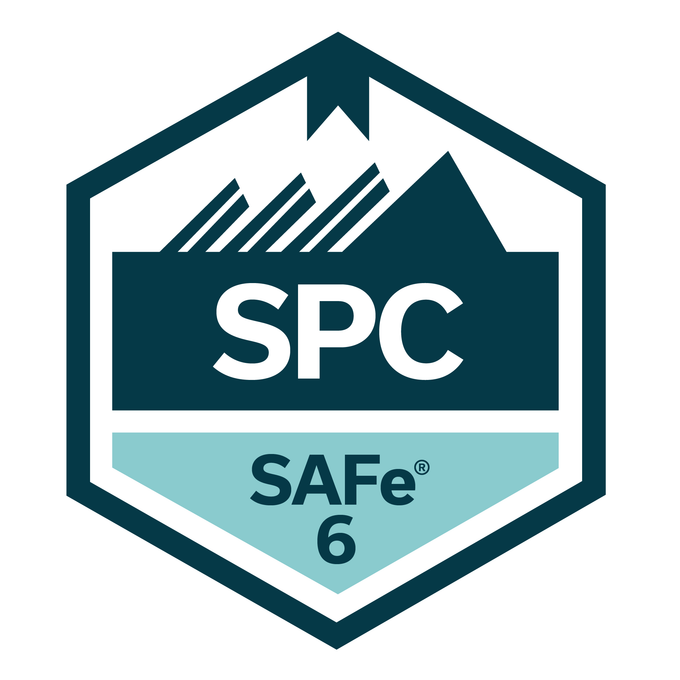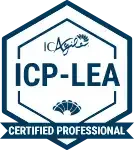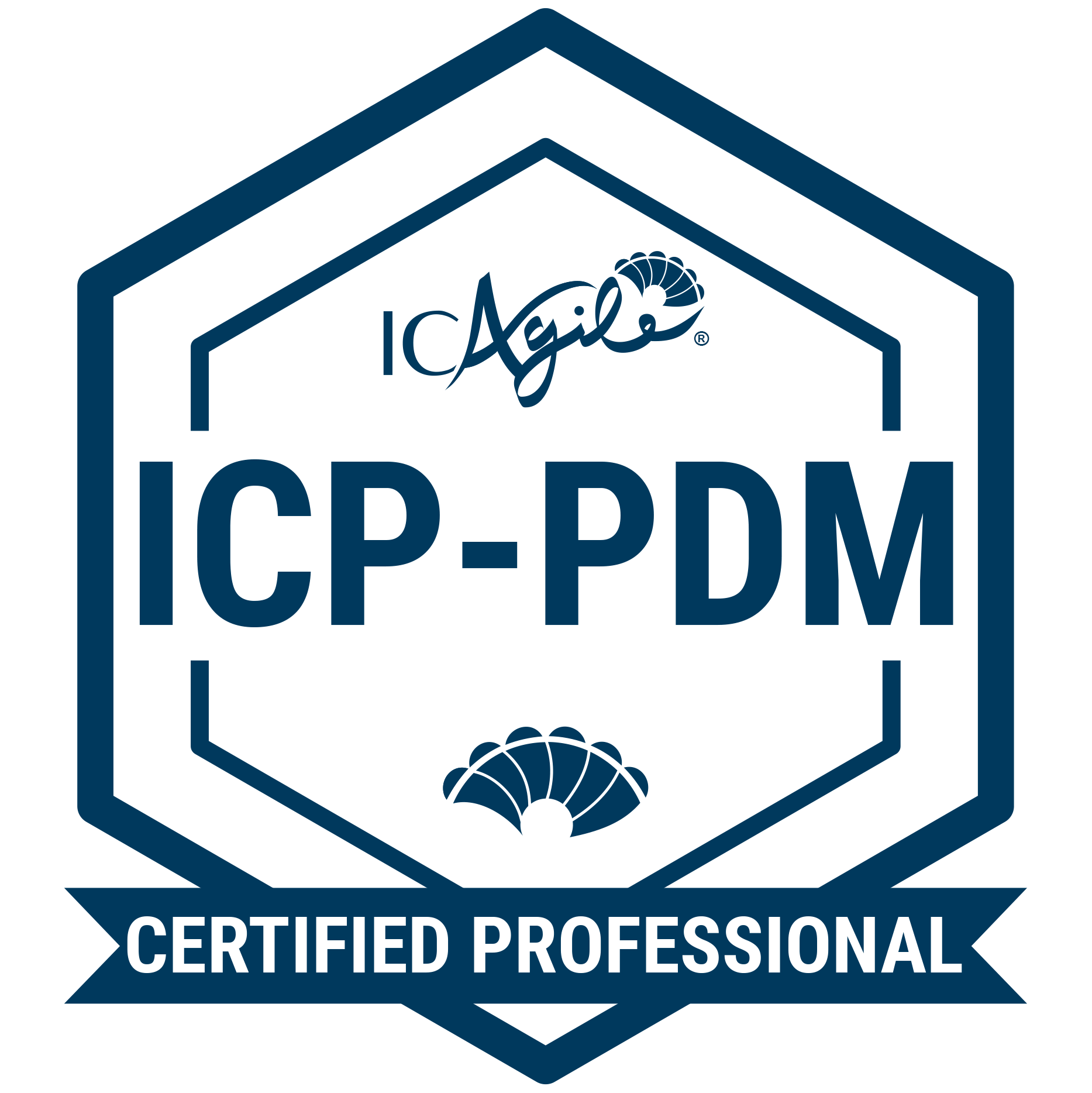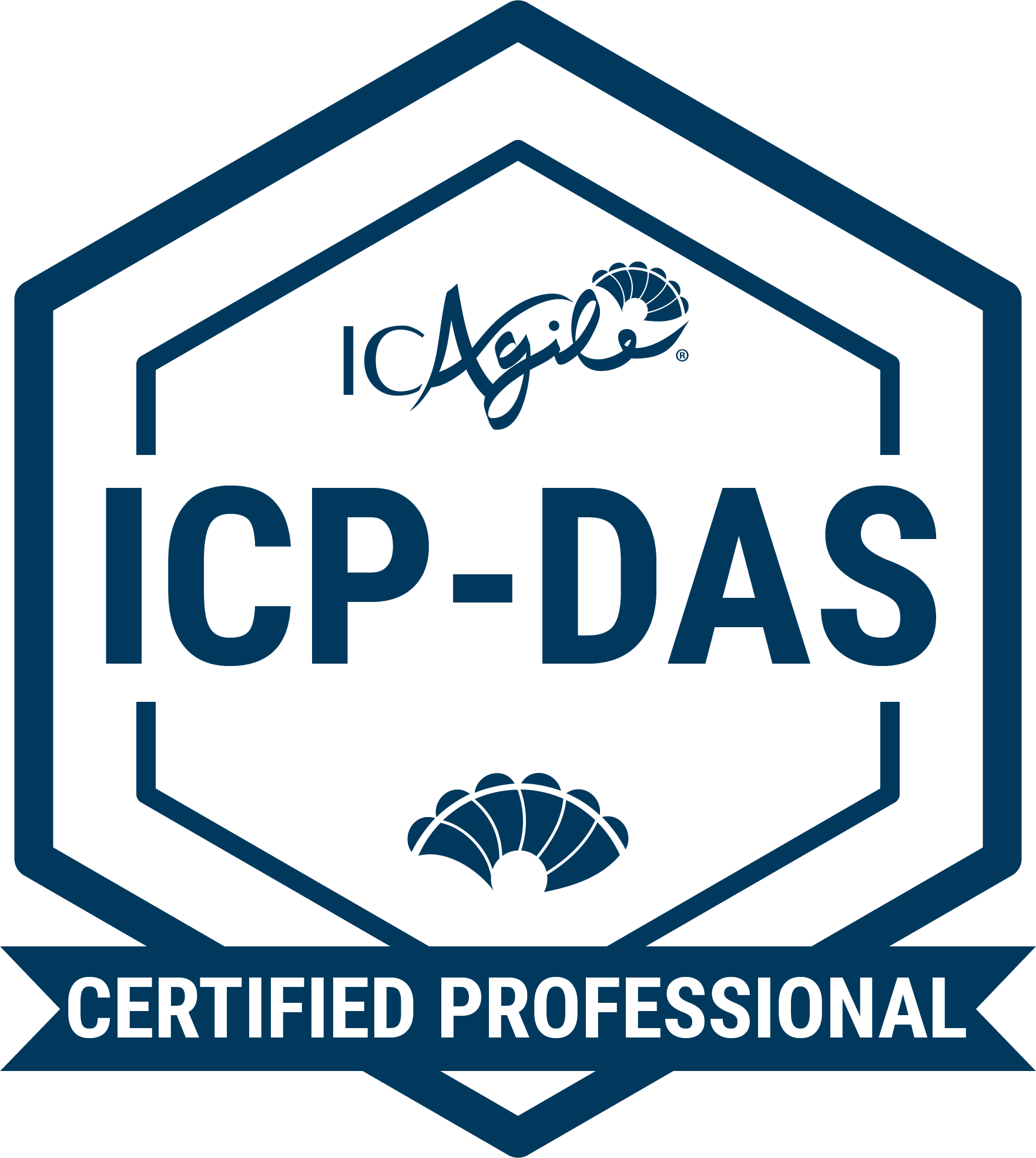Scrum, a popular Agile framework, defines specific roles to ensure teams are organized and productive. These roles create a foundation for effective collaboration and seamless project delivery. Let’s dive into the three core Scrum roles and their responsibilities:
1. Product Owner
The Product Owner is the voice of the customer, ensuring that the team works on the most valuable tasks. They manage the Product Backlog, prioritize features, and align development efforts with business objectives. This role bridges the gap between stakeholders and the Scrum Team by consistently communicating needs and expectations.
2. Scrum Master
The Scrum Master is a facilitator and coach who ensures the Scrum framework is followed. They work to eliminate obstacles that hinder the team’s progress, enabling smooth workflows. Additionally, they foster a culture of continuous improvement by guiding the team through Sprint Retrospectives and other Scrum ceremonies.
3. Development Team
The Development Team is a group of cross-functional professionals responsible for delivering the product increment. These team members collaborate to design, build, and test features. Their self-organizing nature empowers them to manage work collectively and deliver high-quality results.
Ready to Master Agile and Scrum?
Take the next step in your career with Agilemania's Agile and Scrum Learning Path! Whether you're just starting or looking to deepen your expertise, our comprehensive training programs are designed to equip you with the skills to lead successful Agile transformations.
Agile & Scrum Learning Path!



























































































